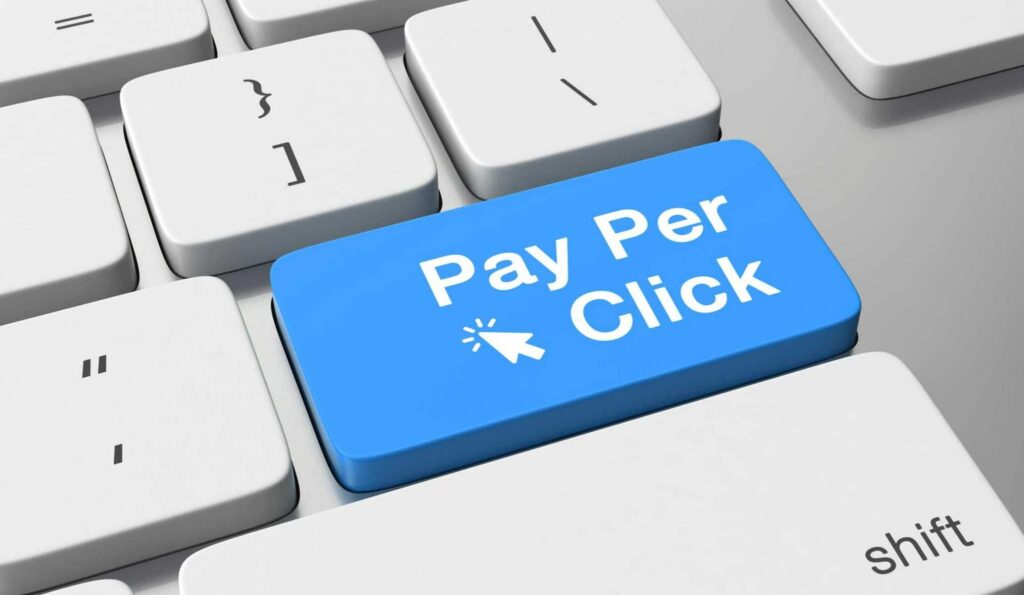What Is PPC? A Quick Intro

Did you know that 85% of internet users spend their time searching for products? And, with billions of people online, that’s a huge opportunity for companies to make money. CHA-CHING!
One way that businesses generate new clients is with something called pay per click advertising. If you’re interested in learning a little about pay per click marketing tactics, this blog is for you. Let’s learn a few things you need to know about online advertising!
What Is PPC?
Pay-per-click, more commonly called PPC, is a type of advertising that allows businesses to put ads on an advertising platform. They pay the platform’s host every time a customer clicks on their ad.
The goal of the ad is to send the potential customer to the business’s website. There, the potential customer can take an action such as signing up for a service or making a purchase.
Search engines are one of the most popular hosting platforms for advertisers. That’s because they let businesses work with advertising inventory that’s sold in real-time using an auction-style setup. Going once? Going twice? SOLD! And your ad is served up to the potential customer.
How Pay Per Click Got Its Start
PPC marketing isn’t a new phenomenon. In fact, it first got its start back when Google launched in 1998. When the company first started up, it needed to come up with a way to make a profit, just like any other business.
The way that Google decided it would make its cheddar was by running paid ads. They decided to see if people would pay to list an ad on their search engine and place it above any other search results that pop up.
What they offered businesses was that companies could choose a keyword, let’s say “best dentist in Atlanta.” Then, companies would pay Google to list their business at the top of the results whenever someone typed those words into the search engine.
The idea quickly took off, and today, Google’s advertising platform accounts for the majority of their business. In fact, they earn about 147 billion in revenue and that’s more than 80% of their revenue.
This huge revenue actually benefits us, as well. Thanks to the success of the company, Google came up with a few more services to help keep users on the platform and click on their ads.
Sheets, Docs, and Gmail services all serve this purpose. They can make more selling you advertisements because you’re lured onto the search engine via these free tools. THOSE EVIL GENIUSES.
How PPC Works
Now that you know what pay-per-click marketing is, let’s talk about how it actually works. After all, it’s a little more complicated than the simple example we ran through with Google.
With PPC, every time an ad spot opens up on a search engine results page, the search engine lists an auction for that keyword. There are several factors that affect who will win the auction, including the bid amount and the ad quality.
These auctions are what keep pay per click marketing functioning. If advertisers are interested in showing their ads related to a user’s specific search, then the auction starts and the bids begin. Whichever company’s bid wins the battle of the bids will get to show their ad.When advertisers want to use these types of auctions to show their ads, they get on specified platforms to do so. These platforms, such as Google ads, then make it easy for them to set up advertisements and show them to customers.
To help businesses more easily manage their ads, they’re split into campaigns. This makes it easy for them to report product types, locations, and other key pieces of information.
Within individual campaigns, you’ll also find subcategories. These are split up into ad groups that contain relevant ads and select keywords.
The Advantages Of PPC Vs Traditional Media
Now that you’ve got a better idea of what PPC is you might be wondering why anyone would want to use it. After all, don’t billboards and newspapers work just as well as this newfangled online marketing plan?
The truth is that even though traditional marketing methods work, they don’t contain the same advantages as PPC campaigns. You may be thinking, I CAN’T HANDLE THE TRUTH. So, let’s check out a few of the key advantages.
Better Accuracy
One of the big reasons why companies turn to PPC marketing for their online advertising is because these types of marketing campaigns are more accurate in helping businesses reach their audience. PPC gives you tons of data about who responds to your ads and who doesn’t, which you can then use to your advantage.
Niche Audience
While there’s nothing wrong with reaching a big audience, that’s not always what you want when it comes to advertising. Sometimes what you want is to hone in on a certain market and grab their attention. GIMME!
Whereas TV commercials and newspaper ads go out to anyone and everyone, PPC ads can be more targeted. When you run PPC ads you know that the people clicking on your paid search advertisements want your products.
More Affordable
Another major advantage of PPC campaigns is that they tend to be much more affordable ways of advertising. That’s because you don’t have to do tons of work researching your target market to start reaping the rewards. So wait, you’re saving time AND money? #WINNING
Why Is PPC Important to Your Small Business?
PPC provides instant visibility for small businesses. Unlike SEO, which can take time to generate results, PPC puts your business front and center on search engine results pages, driving traffic to your website immediately. It’s like having a fast pass to the front of the line at Disney World – you don’t have to wait around for people to discover your business, you can skip to the front of the line and make an impact right away.
With PPC, you can choose how much you spend and target specific audiences, maximizing the return on investment. And ROI is essential to growing a small business. Plus, PPC is all about instant gratification – you can see results right away, which is important for small businesses looking to generate sales quickly.
Here’s How To Get Started Using PPC
Just about every business out there can benefit from running some pay per click ads. Regardless of whether you choose to advertise on YouTube, Interest, Etsy, Facebook, Instagram, Pinterest, or one of the thousands of other sites out there, you can bring in some serious business through PPC.
If you’re unsure of which platform to use, or how to create your first ad, then the team at Your WP Guy can help out. We’ve worked with all sorts of businesses to help them discover the wonders of PPC advertising. Get in touch with us and we’ll help you launch your PPC campaign today!
What is PPC? A Quick Intro
• Businesses use Pay-per-click (PPC) advertising to generate new clients, paying a platform’s host every time a customer clicks on the ad.
• Google’s PPC advertising platform was first introduced in 1998 and now accounts for 80% of their revenue.
• PPC campaigns consist of auctions, with bids affecting who will win.
• Advantages of using PPC include better accuracy in reaching an audience, being able to target niche markets, and being more affordable than traditional media.
• PPC campaigns can be used on sites such as YouTube, Interest, Etsy, Facebook, Instagram, and Pinterest.



